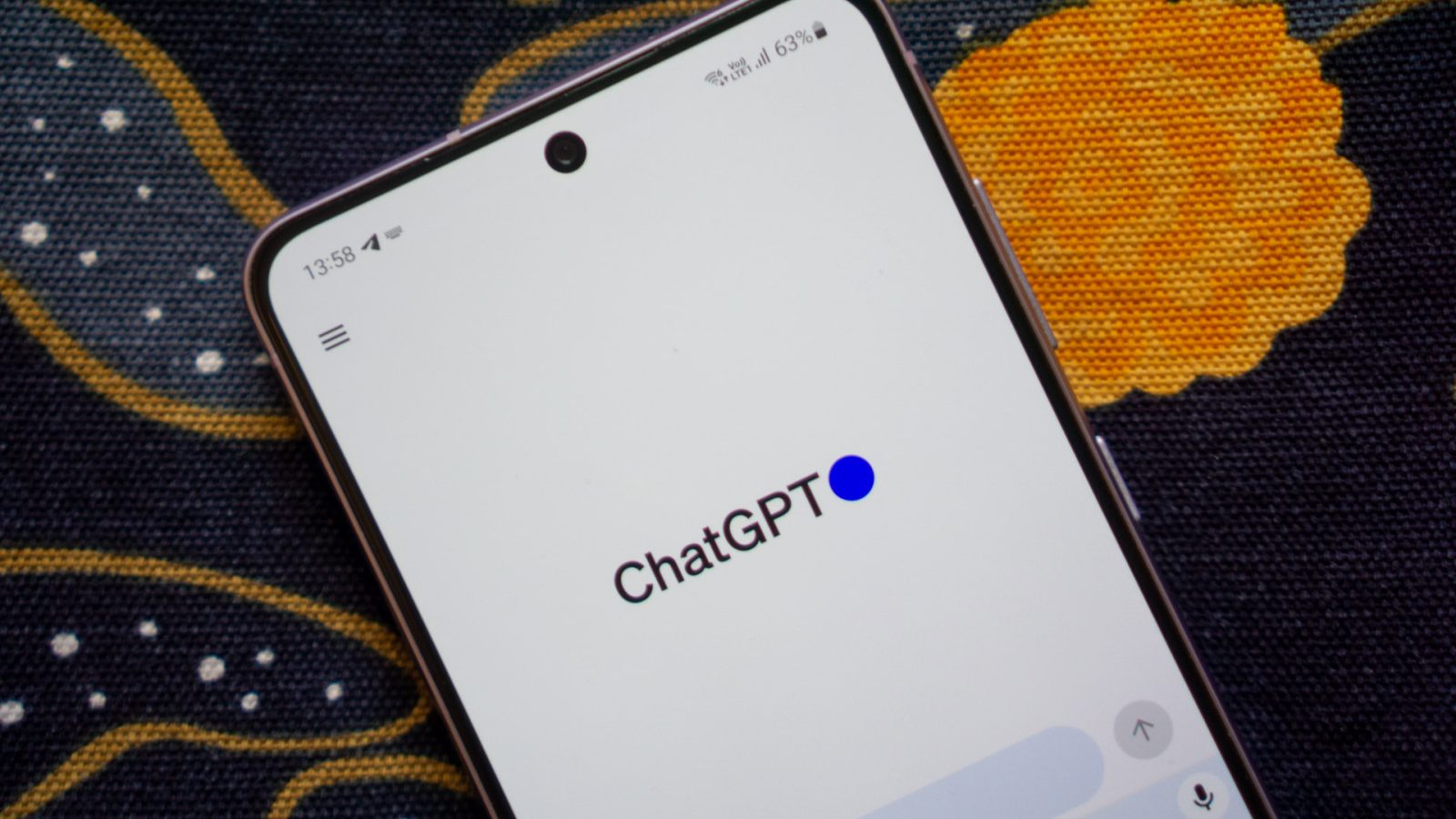
Contents

Calvin Wankhede / Android Authority
I’ve been using Gemini’s Deep Research feature for a while now, having tested both the original and the improved version. ChatGPT also has a similar feature, so I decided to give it a spin as well and compare it to Gemini’s to see which one comes out on top.
Have you tried out the Deep Research feature yet?
29 votes
What is Deep Research, anyway?
If you’re already familiar with the Deep Research function and how it works, feel free to skip this section. If not, read on.
Deep Research is essentially your personal AI research assistant, capable of generating a comprehensive report on almost any topic in a matter of minutes. The primary goal is to save you time; researching the same topic manually would likely require hours, as you’d have to sift through every source on your own.
When it works as advertised, Deep Research saves you a lot of time.
As an example, let’s say you want to research which laptop to buy. Your journey would typically start with a Google search, leading you through countless best lists, reviews, and comparison posts. Even after this time-consuming process, you might still have questions that remain unanswered.
Instead, you can use the Deep Research function. Simply provide the AI with details about the type of laptop you’re looking for, your budget, preferred brands, and essential features, and the AI will compile a detailed report. If you have any additional questions regarding a specific product or how two products on your shortlist compare, you can just ask Gemini or ChatGPT directly.
The promise is that you can get all the information you need within a single interface, saving a ton of time. At least, that’s the idea on paper. In my experience, the first version of Gemini wasn’t always great with specific or niche topics, while the improved variant is now much better. But is it better than ChatGPT? Let’s find out.
Hands-on comparison

Mitja Rutnik / Android Authority
For my first test, I pretended I was buying a new phone to see which models the two chatbots would recommend. I used the exact same prompt for both chatbots, which is listed below.
I want to buy a new phone. I’m interested in the latest models that have all the latest specs and features. I also care about software support and fast charging. The display shouldn’t be too big — no more than 6.3 inches — and I don’t want to spend more than $800 on it.
Gemini provided me with a comprehensive report that was more than 7,500 words long. It cited 55 sources and indicated that it had checked an additional 27 sources that weren’t directly included in the final report.
I was impressed with the report’s structure. It began with an introduction to the current smartphone landscape and then defined my criteria in more detail — for instance, clarifying what “long software support” and “fast charging” mean in today’s market. It then listed four smartphones that suited my criteria and broke down the analysis into sections important to me, including charging, pricing, software support, and other features. Crucially, it also listed both pros and cons for each device.
The report also included a table listing all the phones side-by-side, making specification comparisons straightforward. It specifically highlighted the areas I focused on in my prompt and made a side-by-side comparison for each phone concerning those parameters (e.g., how the four models differ in charging speeds, pricing, and software update commitments).
What I particularly appreciated was that the report went a step further and ranked all the models from one to four, with the first being the most suitable according to my criteria. And it did a great job — I would have ranked the handsets in exactly the same order.
However, there was an issue: the list of phones wasn’t perfect. It included the Pixel 9a, Galaxy S24, Xiaomi 14, and iPhone 16. This means it missed the Pixel 9, which falls within the criteria I set. Similarly, it mentioned the Galaxy S25 in the introduction as “upcoming,” despite the fact that it had already been released months ago (and thus should have been a primary candidate over the S24).
So, while the report’s structure was excellent, and Gemini really delved into the details of all the criteria I listed, the actual list of phones — arguably the most important part — was subpar.
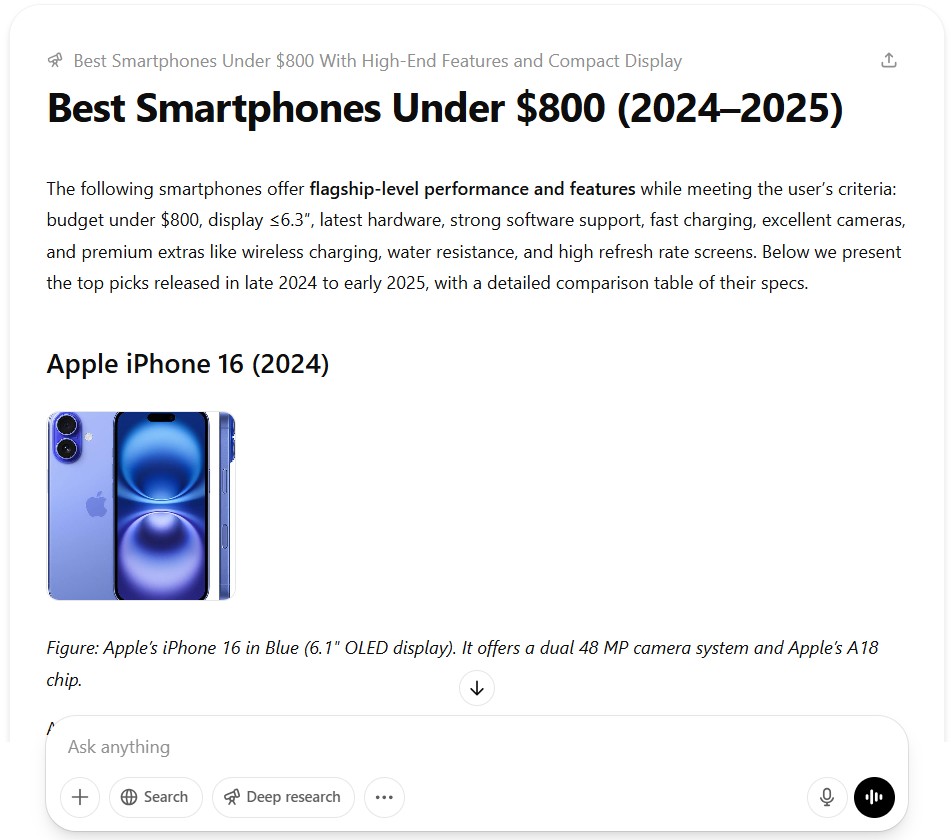
Mitja Rutnik / Android Authority
Could ChatGPT do a better job? Yes, in some aspects, but no in others. When it came to the list of phones, it also suggested four models, but went with a different selection: the Pixel 9, Galaxy S25, Pixel 8a, and iPhone 16. So, while it correctly listed the latest Galaxy S25 instead of the older S24 (unlike Gemini), it surprisingly listed the older Pixel 8a instead of the newer Pixel 9a, basically making the same mistake.
As for the report itself, it was quite barebones compared to Gemini’s. It was only around 1,700 words long and read more like a blog post than an in-depth research report. It simply listed all the phones with a short description for each. It didn’t break things down into detailed sections, nor did it include a pros and cons analysis for each device.
There was a comparison table, though, but it was a basic one that didn’t cover all the characteristics I mentioned in my prompt. The report also didn’t recommend one phone over the others. It included significantly fewer sources — 38 compared to Gemini’s 55 (plus the 27 additional checked). It was slower as well, taking 17 minutes to create the report versus the 12 minutes Gemini needed. The one minor advantage ChatGPT had here was that its report included an image for each phone, which is a nice visual touch.
Further tests: Phone comparisons and the stock market
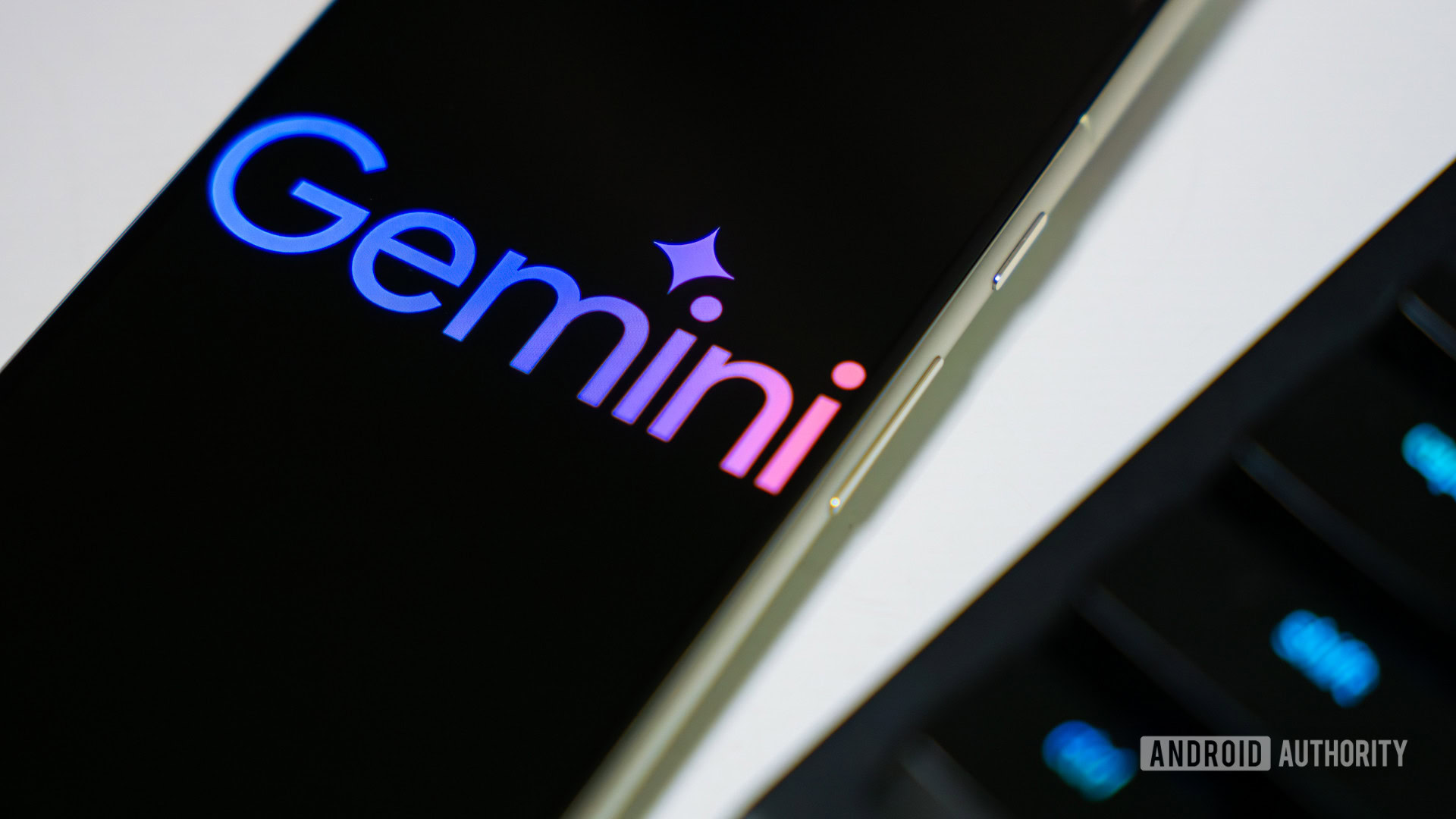
Edgar Cervantes / Android Authority
I tested out both chatbots with two more reports just to see if ChatGPT would perform better. First, I asked them to do a detailed comparison between the Galaxy S25 and the Pixel 9 so I could decide which one to buy. Gemini weirdly persisted in thinking that the Galaxy S25 was yet to be released, which was a significant error on its part. However, the report itself was well-structured and quite long. Despite the initial blunder regarding the phone’s release status, the end result was surprisingly good, as it still acknowledged all of its known specs and features correctly for the comparison.
ChatGPT performed much better this time around, producing a well-thought-out and in-depth report. I’d probably give it the upper hand here, primarily because it correctly acknowledged that the S25 had already been released. The final verdict and comparison points were, however, very similar to Gemini’s.
As someone interested in finance, I also tested both with a request for a report on the previous day’s stock market performance. I asked for data on how well the major indexes performed, the biggest gainers and losers, an analysis of factors influencing the next trading day, and more.
It was a similar story here as with the initial “best phones” request. Both made a few mistakes, such as skipping certain companies that were among the biggest gainers, for example. So, neither of them was perfect. However, Gemini was better overall, providing a more in-depth report that also included tables, which significantly help in digesting data faster and more easily.
So, which one wins?
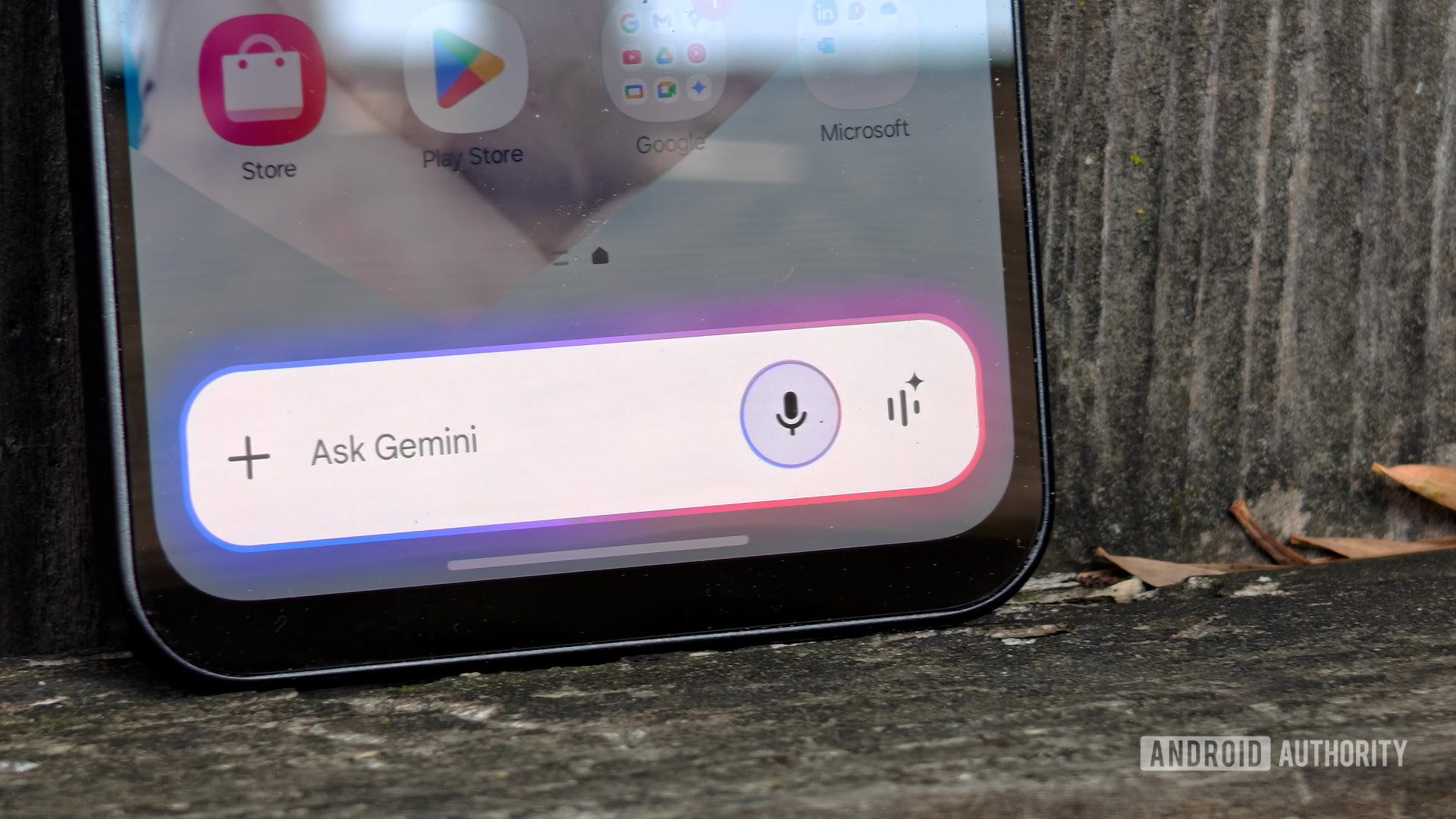
Rushil Agrawal / Android Authority
Declaring an ultimate winner is challenging, as neither platform is flawless. However, based on my testing, Gemini currently holds the edge for Deep Research tasks, primarily due to the superior quality and depth of its reports. They are generally longer, provide more insights, and the information is better structured with useful elements like detailed tables and rankings.
However, this depth sometimes comes at a cost. In my tests, Gemini was a little bit more prone to factual errors than ChatGPT, such as the persistent mistake about the Galaxy S25’s release status. ChatGPT, while producing more basic reports, was occasionally more reliable on specific data points. However, it also made errors like suggesting an older phone model over a newer one. It’s important to note that this wasn’t consistent across every report, so your mileage may vary depending on the topic you decide to research. Both chatbots did, to their credit, acknowledge their mistakes when I pointed them out.
I prefer Gemini’s research process.
Beyond the report quality, I prefer Gemini’s research process. Before generating a full report, Gemini presents a “game plan” or outline, giving you a chance to review and request changes to the scope or focus. This proactive approach can save time and lead to a more tailored output. ChatGPT, on the other hand, tends to ask a series of clarifying questions (around five or so) to nail down preferences. These questions don’t always feel effective, sometimes re-asking for information already provided in the initial prompt.
Speed is another area where Gemini has an advantage. In my experience, it’s around 40% faster than ChatGPT in generating these detailed reports. When some reports can take well over 10 minutes to generate (ChatGPT took 17 minutes for the phone report), this time difference becomes very noticeable.
Ultimately, it’s crucial to approach the outputs of Deep Research functions on any chatbot with a degree of skepticism. Sometimes the reports are impressively accurate and insightful, and other times, there are enough issues to make you question the tool’s reliability for important decisions without cross-verification.
So despite the occasional inaccuracies, Gemini’s Deep Research generally offers a more powerful and insightful experience. The depth of analysis, better data presentation, and the useful “game plan” feature make it my preferred choice over ChatGPT’s current offering.
This isn’t to say ChatGPT’s feature is without merit. Its simpler, more blog-post-like reports might be perfectly adequate, or even preferable, for users who don’t need to delve too deeply into a topic or who want a quick overview.
And as far as the issues and mistakes these chatbots make go, I’m optimistic that they will be ironed out with future updates, increasing their reliability for daily, critical research tasks. And when that day comes, if the current trajectory holds, I’ll likely be sticking with Gemini for my deep research needs.
What’s your reaction?
Love0
Sad0
Happy0
Sleepy0
Angry0
Dead0
Wink0
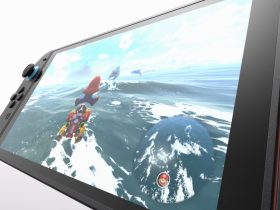
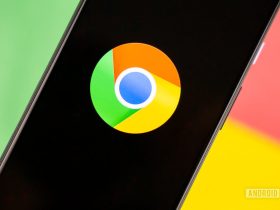




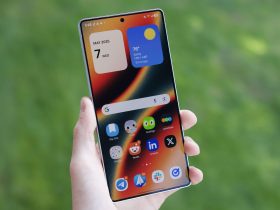

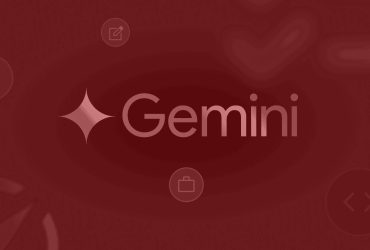
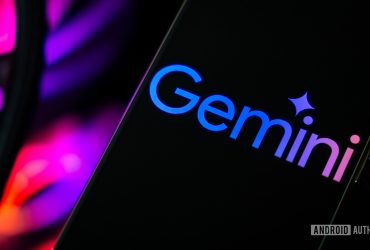
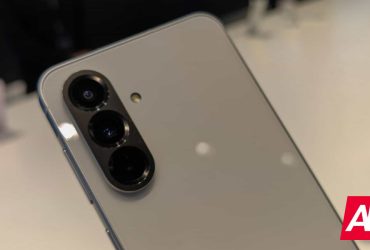
Leave a Reply
View Comments